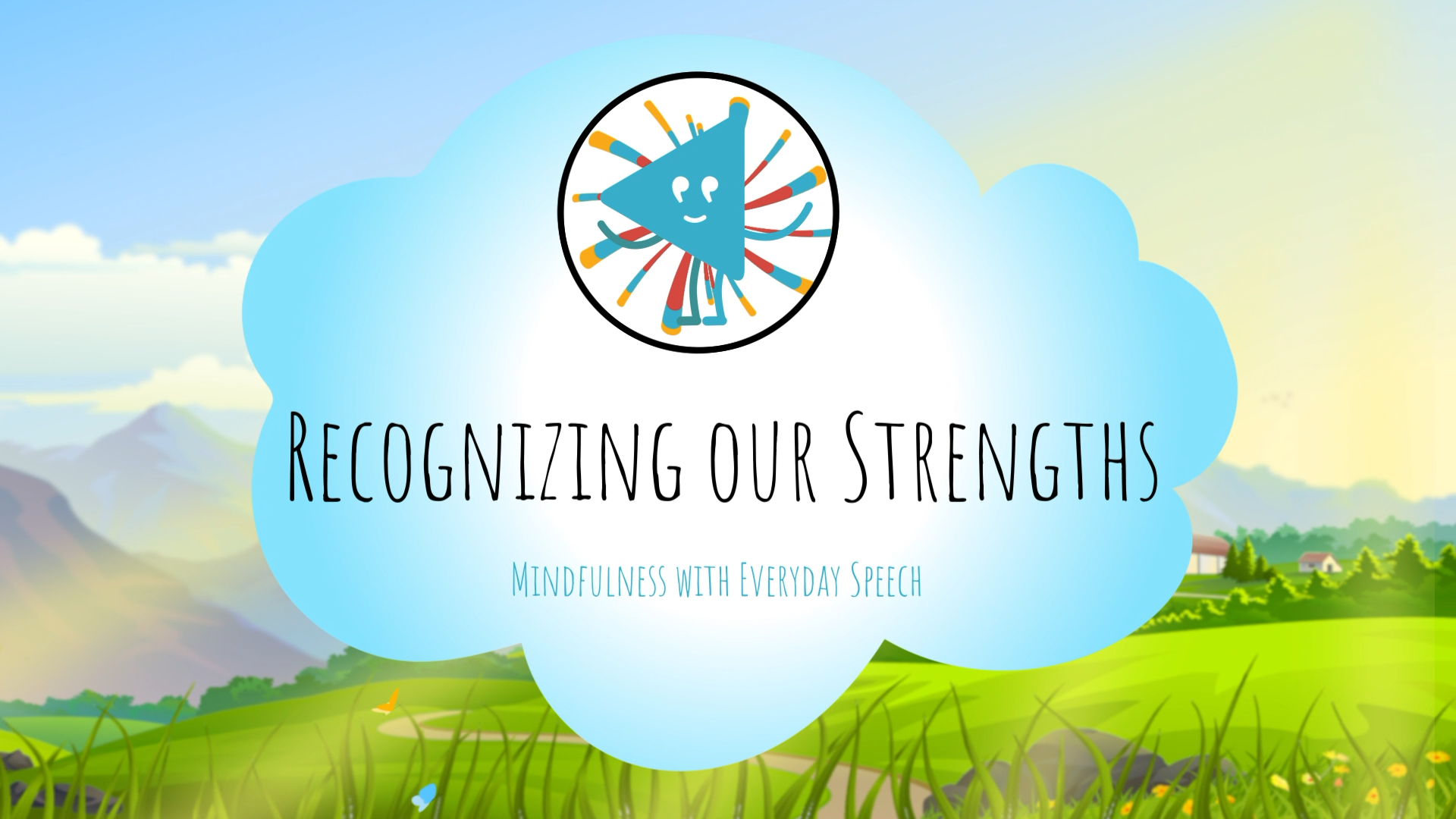
Introduction
For students in special education, developing a growth mindset can be a game-changer. With a growth mindset, they believe that their abilities can improve over time, turning weaknesses into strengths. This belief in personal growth can lead to increased motivation, perseverance, and ultimately, success. In this blog post, we’ll explore an easy no-prep activity, discussion questions, and related skills to help educators promote a growth mindset in their students.
No-Prep Activity: The Power of ‘Yet’
This simple activity requires no preparation or materials and helps students understand the importance of adding the word ‘yet’ to their self-assessments. Here’s how it works:
- Ask students to think of a skill they want to improve or something they struggle with.
- Have them create a sentence describing their current ability, such as “I’m not good at math.”
- Now, ask them to add the word ‘yet’ to the end of their sentence, transforming it into “I’m not good at math, yet.”
By adding ‘yet,’ students shift their perspective from a fixed mindset to a growth mindset, opening the door for improvement and development. Encourage students to practice this exercise regularly, both in and out of the classroom.
Discussion Questions
Use these questions to stimulate further discussions about growth mindset among your students:
- Can you think of a time when you believed you couldn’t do something but eventually succeeded? How did your mindset change?
- Why do you think it’s important to have a growth mindset, especially in special education?
- How can you apply the concept of ‘yet’ to other areas of your life, such as personal relationships or hobbies?
- What strategies can you use to remind yourself to maintain a growth mindset when faced with challenges?
- How can we support each other in developing and maintaining a growth mindset?
Related Skills
Developing a growth mindset is just one aspect of Social-Emotional Learning. Here are some other relevant skills that can help students in special education:
- Goal-setting: Encourage students to set realistic, achievable goals for themselves and track their progress.
- Self-awareness: Help students identify their strengths, weaknesses, and areas for improvement.
- Resilience: Teach students how to bounce back from setbacks and develop coping strategies to overcome challenges.
- Empathy: Foster a supportive classroom environment where students learn to understand and appreciate the feelings and perspectives of others.
Next Steps
Ready to incorporate growth mindset principles and other Social-Emotional Learning skills into your special education classroom? Sign up for free sample materials at Everyday Speech and explore a wide range of resources designed to support your students’ growth and development. By incorporating these skills into your teaching, you can empower your students to believe in their abilities and reach their full potential.

